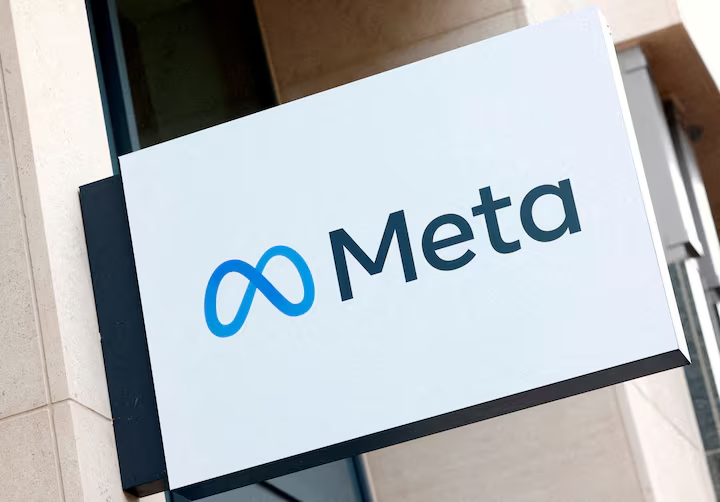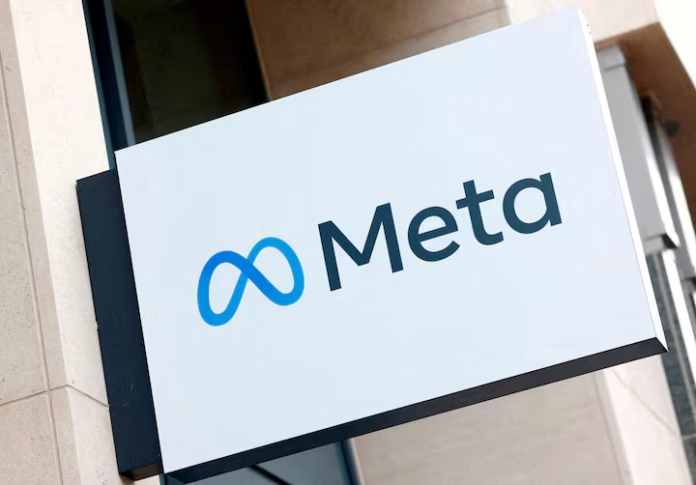The European Commission has pushed back against claims made by Meta CEO Mark Zuckerberg that European Union data laws are censoring social media. In a statement on Wednesday, the EU executive clarified that its regulations only require large platforms to remove illegal content, not lawful speech.
The controversy erupted after Meta scrapped its U.S. fact-checking program, with Zuckerberg stating his company would collaborate with President-elect Donald Trump to challenge censorship worldwide.
Zuckerberg: “EU Laws Stifle Innovation”
Zuckerberg has been vocal in criticizing European regulations, stating:
“Europe has an ever-increasing number of laws institutionalizing censorship and making it difficult to build anything innovative there.”
This remark was aimed at the EU’s Digital Services Act (DSA), a set of rules designed to ensure online safety by requiring platforms to combat misinformation, illegal content, and online harm.
In response, an EU Commission spokesperson firmly denied these allegations, stating:
“We absolutely refute any claims of censorship.”
Fact-Checking and the Shift to Community Notes
As part of its new approach, Meta announced the removal of fact-checkers on Facebook, Instagram, and Threads in the United States. Instead, the company plans to introduce a “community notes” system, similar to the one used by X (formerly Twitter).
This system allows users to attach notes to posts they believe contain misleading information. These notes only become visible when a diverse group of contributors agrees they are helpful.
However, for such a system to be implemented in Europe, the Digital Services Act requires platforms to conduct a risk assessment and submit their findings to the European Commission.
EU: We Are Not Dictating Content Moderation

The European Commission clarified that it does not dictate how social media companies should moderate content. Instead, it evaluates the effectiveness of their measures.
“Whatever model a platform chooses needs to be effective, and this is what we’re looking at… We are checking the effectiveness of the content moderation policies adopted and implemented by platforms here in the EU,” the spokesperson explained.
Despite Meta’s shift away from fact-checkers, EU users will still receive content moderation input from independent fact-checking organizations for posts originating in the United States.
The Bigger Picture: Free Speech vs. Regulation
This clash highlights the ongoing debate between governments and tech giants over free speech, misinformation, and online regulation. While platforms like Meta argue that stricter laws hinder innovation and free expression, regulators maintain that these measures are necessary to curb harmful content.
As Meta transitions to a community-driven moderation system, it remains to be seen how effective it will be in combating misinformation—especially in regions with stringent regulations like the EU.



